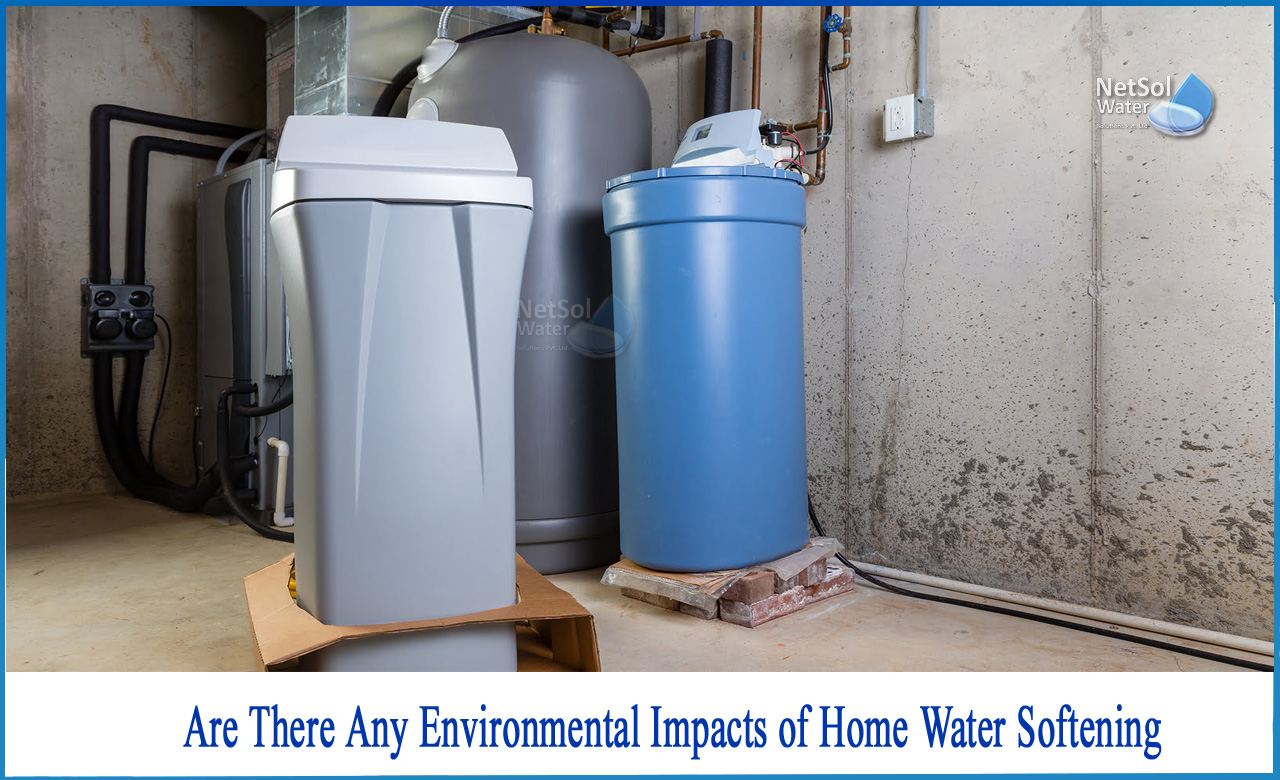Is water actually "wasted" if it performs a vital function while also encouraging energy efficiency and sustainability?
If you use softened water for better bathing, house cleaning, and avoiding other common hard water issues, it isn't a waste.
The media used to soften water by removing hard minerals such as calcium and magnesium eventually wears out and has to be replenished (aka. regenerated). By knocking out the calcium and magnesium ions absorbed by the water softening media during the regeneration process, sodium from the brine tank solution refreshes the media.This gives the medium new vitality and allows it to continue extracting hard minerals.The calcium and magnesium absorbed by the media during the softening process are also drained out of your system.
According to the CPCB, softener output is not harmful to septic systems and may even be helpful to the soil.
"In the soil absorption field, the calcium and magnesium ions in water softener effluent have a good effect on soil structure."
The CPCB goes on to note that one common mistake is that influent and effluent are the same thing (the wastewater discharged after regeneration).The hardness of the water before it is softened determines the amount of sodium (not salt or sodium chloride) in softened water that flows down your home's drains.
Are there any Environmental Impacts of Home Water Softening?
The chlorine problem in ocean water is becoming more serious!
Chloride in the water poses a threat to our freshwater fish and other aquatic species. Chloride, which is commonly used in residential water softeners, can pollute drinking water, if used in excess amount. Once salt has dissolved in water, there is no easy way to remove it.
In some places, home water softeners drain to municipal wastewater treatment plants, which are not designed to remove chloride. After going through the treatment facility, the chloride is dumped into our lakes and streams.In homes with private wells and home softeners, chloride drains to the septic system and eventually into lakes and streams.
A water softener that uses sodium chloride increases the quantity of sodium in the water you consume at home (salt)!
Talk to your doctor about drinking softened water if you or a family member has a history of high blood pressure.
You can cut down on your sodium intake by doing the following!
1: Use a non-softened tap for cooking and drinking.
2: Potassium chloride should be used instead of sodium chloride in your softener. Potassium chloride is readily available at most companies that sell softener salt.
3: The calcium, iron, and magnesium lost during softening are not hazardous to the body and may even provide vital nutrients. In order to remove them from your drinking water, you may need to eat more of them.
What do we offer?
If you want to know more about water softening, then you are at the right place!
You can have an expert solution upon contacting Netsol Water, a leading manufacturer of Industrial and Commercial Water treatment plants (Water Softeners) and Wastewater treatment plants, among other services. Our water treatment systems are very effective at removing all types of chemical, physical, and biological pollutants.
Netsol Water is Greater Noida-based leading water & wastewater treatment plant manufacturer. We are industry's most demanding company based on client review and work quality. We are known as best commercial RO plant manufacturers, industrial RO plant manufacturer, sewage treatment plant manufacturer, Water Softener Plant Manufacturers and effluent treatment plant manufacturers. Apart from this 24x7 customer support is our USP. Call on +91-9650608473, or write us at enquiry@netsolwater.com for any support, inquiry or product-purchase related query.



